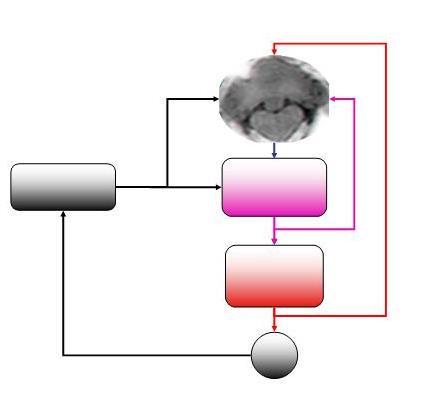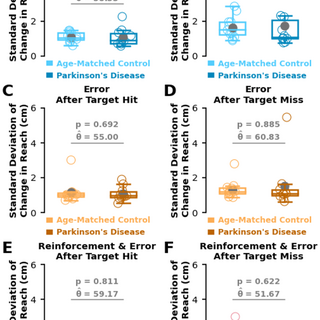
Alkis Hadjiosif
@AlkisMH
Followers
462
Following
4K
Media
57
Statuses
493
T32 fellow at @MGH_CNTR; research associate at Harvard. Motor learning and control in the healthy and post-stroke brain. Opinions are own. 🇬🇷🇨🇾🏳️🌈
Somerville, MA
Joined October 2018
Proposal accepted! It's a proposal to create a one-day trivia contest for @LearnedLeague , but all wins count. If anyone on my twitter is a member, come on July 16th to test your knowledge of ancient roman cuisine.
0
0
1
Our recent paper about the role of the cerebellum as a gateway for the formation of long-term sensorimotor memories is the subject of a story by @thecrimson!.
Harvard SEAS researchers found in an August study that the cerebellum is necessary for the formation of new long-term, but not short-term, motor memories. Avi W. Burstein, Bianca G. Ciubancan, and Dionise Guerra-Carrillo report.
1
1
17
RT @JCashaback: Our latest paper is out! We looked at the roles and interplay of reinforcement and error feedback on exploration during rea….
journals.plos.org
Author summary Reinforcement-based and error-based processes play a pivotal role in regulating our movements. Converging neuroanatomical evidence show interconnected reinforcement-based and error-b...
0
15
0
I'd like to thank the two (anonymous) reviewers for their constructive feedback, which has definitely strengthened the paper. Special thanks to Sarah Hemminger, @reziliusReza, Amy Bastian, and.@herzfeldd for helping us acquire and parse the data. 20/20.
0
0
0









